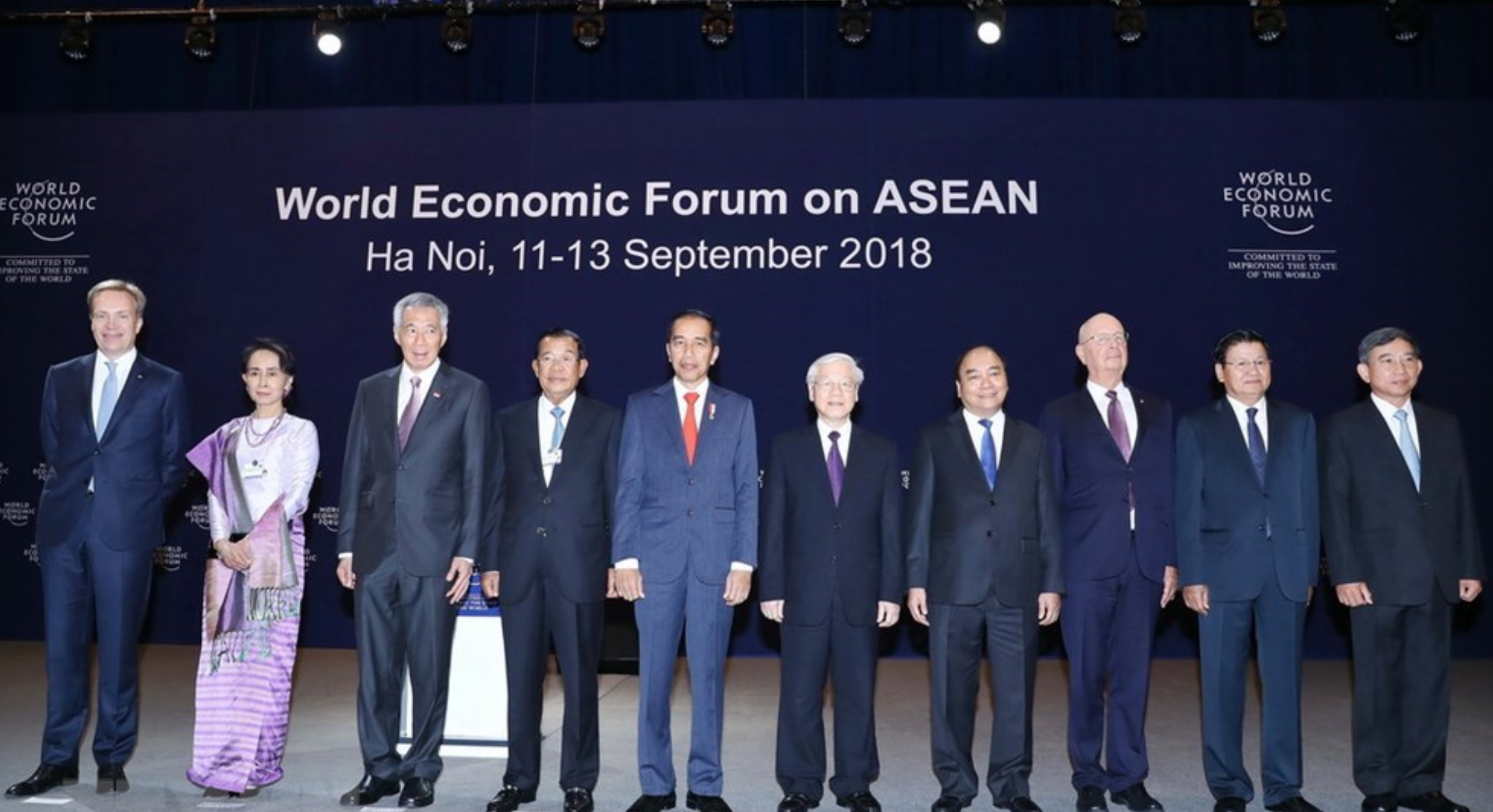JABER ALSABAH WRITES — At the 2018 World Economic Forum in Hanoi from September 11 to 13, experts warned that technological advancements such as automation could result in employment losses for roughly 6.6 million workers.
Automation is the use of machines and technology to make processes run without manpower. For example, automobile assembly lines would require fewer people to build cars.
This prediction is of particular relevance to countries such as Vietnam, Indonesia and Thailand, where manufacturing relies heavily on millions of flesh and blood workers. According to Phu Huynh of the International Labor Organization, workers most affected by automation would be cashiers, machine operators and clerks who already have low levels of education, low incomes and women. In addition, experts warn that automation could overtake the South East Asian market within 10 years.
Therefore, the ASEAN region will have to enhance workforce skills in both soft and hard infrastructure, or lose its competitive edge to other countries in markets who have adopted automation technologies.
Despite all this, a 2018 survey conducted by the WEF (World Economic Forum) showed that people actually favor such advancements; an estimated 52 percent under age 35 believe the trend will increase the number of available jobs, while 67 percent foresee it resulting in higher incomes. Survey participants were from Indonesia, Malaysia, Thailand, Vietnam, Singapore and the Philippines.
Why the shift towards automation? Ever-increasing digitalization. Therefore, to adapt to change as well as protect the economy, leaders of ASEAN countries have pledged to harness the potential of digitalization in what they refer to as the 4th Industrial Revolution, As Cambodian Prime Minister Samdech Techo Hun Sen said, “Digitalization has become a new growth catalyst”—a sentiment echoed by Thai Deputy Prime Minister and Justice Minister Prajin Juntong as well as Vietnamese Prime Minister Nguyen Xuan Phuc. In addition, Laotian Prime Minister Thongloun Sisoulith, Myanmar’s Counsellor Aung San Suu Kyi and Singaporean Prime Minister Lee Hsien Loong agreed that their economies can no longer rely upon natural resources and so must embrace such change.
To this end, Google, a major influencer in the industry, has pledged to provide digital training for roughly 3 million workers in small and mid-sized enterprises across all 10 ASEAN countries, and to do so by 2020—just two years from now.

